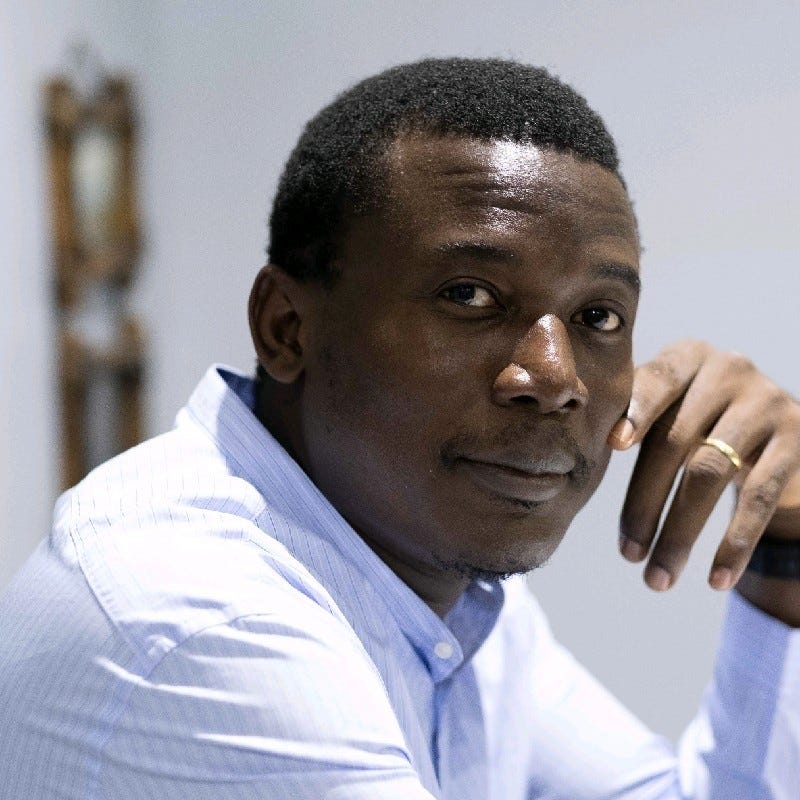Introduction
A recent gathering of the Africa Deep Tech Community centered around a unique and enlightening discussion presented by Kọ́lá Túbọ̀sún. Best known for his work as a Nigerian linguist, poet, and the founder of YorubaName.com, Túbọ̀sún delved into the intersection of language technology and African languages. This blog summarizes some of the key insights from Túbọ̀sún’s in-depth talk, discussing the opportunities, challenges, and essentiality of preserving and enhancing African languages through technology.
Technology and African Languages – The Opportunities
Túbọ̀sún emphasized the concept that African languages can be improved by technological advancements with numerous examples. His initiatives, such as the development of the Yoruba dictionary or ttsYoruba.com, demonstrate how technology can empower an entire language by preserving its essence, enriching its usage, and enhancing accessibility. In particular, he emphasized the potential of Language Technologies like Speech-to-Text and Text-to-Speech in increasing the recognition and comprehension of African languages online.
However, Túbọ̀sún also highlighted the significance of language preservation beyond technology. He shared the success story of the “#TweetYorubaDay” victory – which encouraged Twitter to supportYoruba translation. Such efforts greatly advance the visibility and usage of African languages on digital platforms, which, in turn, create an online language corpus to aid future language technology tools.
Challenges: From Unicode to Tech Giants
Despite the promising potential, Túbọ̀sún stressed that significant challenges still exist in this domain. Issues associated with Unicode for African languages prove to be a major stumbling block. For instance, the Yoruba language, which employs diacritics, faces issues on digital platforms due to the lack of representation of certain characters with multiple diacritics in Unicode.
Moreover, Túbọ̀sún criticized the lack of significant attention from major technology companies towards African languages. While tech giants have developed language technologies for many European languages, African languages, even with a substantial speaker pool, are often overlooked.
The Bridge Between Technology and Language
Túbọ̀sún positioned technology as a vehicle to connect people with language, allowing them to utilize available tools to accomplish tasks. He drew attention to practical applications of language technology, such as voice assistants, accessibility options, and the potential for localization of ATM machines to native languages.
However, he also underlined how these innovative tools largely benefit languages with a rich written history and extensive corpuses—a privilege most African languages currently lack.
Final Thoughts and Way Forward
In conclusion, Túbọ̀sún advocated for the preservation of African languages and their effective utilization on the internet. To further this agenda, he recommended the creation of more corpuses, more use of African languages online, and the mobilization of technology to increase the presence of African languages on the internet.
He ended with an optimistic view that willingness to engage with and resolve the existing challenges could provide a path towards a future where African people are more included in technology.
This insightful discourse by Kọ́lá Túbọ̀sún paved the way for further conversation on the intersection of technology and African languages, opening doors for more research, collaborative efforts, and innovation in this critical field. The Africa Deep Tech Community looks forward to nurturing these discussions and fostering actions, believing in the power of language and its potential to shape the future of technology in Africa.




